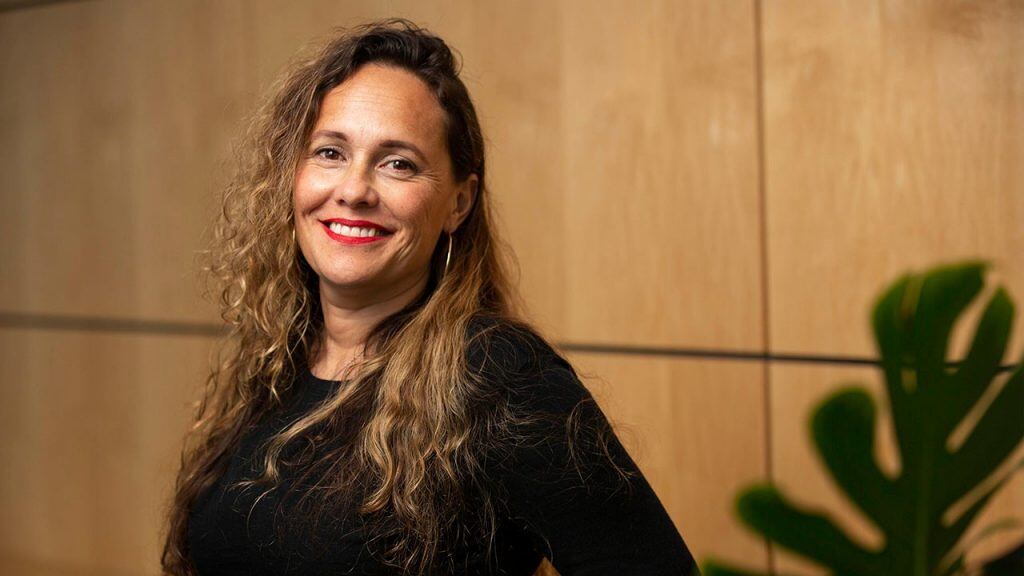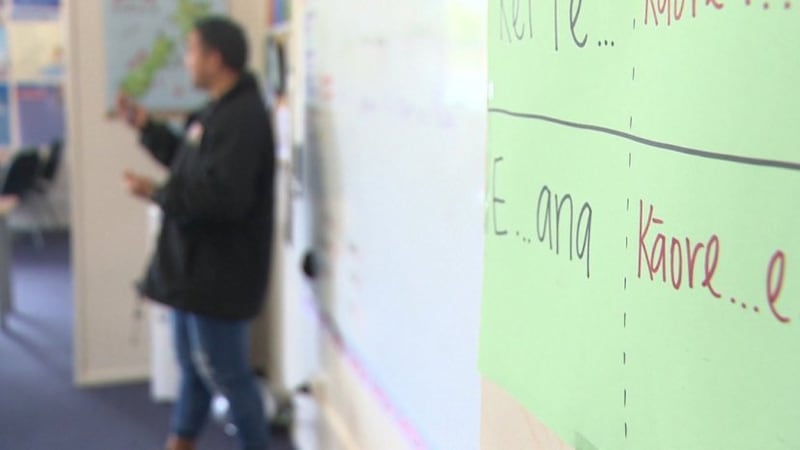Waipapa Taumata Rau research will look into why te reo Māori revitalisation efforts appear to favour Pākehā. Photo / File
A University of Auckland academic is looking into how successful te reo Māori revitalisation efforts have been for Māori, amid data suggesting Pākehā might have unequal opportunity to learn.
Waipapa Taumata Rau academic Dr Kiri Dell (Ngāti Porou) is embarking on a three-year research journey to investigate the effects of te reo revitalisation strategies on Māori well-being, with the support of a $360,000 Marsden Fast-Start grant awarded this week.
Dr. Dell says that in recent years despite millions of dollars being invested in language revitalisation, less than 20% of Māori are fluent in te reo.
According to Dell, Pākehā participation in te reo Māori has skyrocketed. While this is good for the revitalisation of the language, there are still barriers for Māori to access te reo and a perception that Pākehā receive preferential treatment when it comes to resource allocation.
"Maintaining Māori well-being amidst the transition to a te reo speaking country is critical for this nation’s positive social transformation and smooth bicultural evolution." Dell says.

In a society dominated by Pākehā culture, Dr Kiri Dell says prioritising the well-being of those whose language is being celebrated is an important step in the journey to becoming a truly bicultural, bilingual Aotearoa. Photo / Waipapa Taumata Rau
Dell’s research project will investigate the many facets and implications for Aotearoa New Zealand to become a te reo speaking nation and complexities of the Pākehā consumption of te reo Māori on bicultural relationships.
“The elevation of the Māori language as our nation’s priority towards an empowered Treaty partnership has intensified Pākehā consumption of te reo Māori." Dell says.
"On the one hand, its growth, increased distribution, and usage are viewed as positive when it comes to language revitalisation efforts. Yet, on the other hand, issues seem to be emerging, with some Māori feeling marginalised by current revitalisation efforts, perceiving them as focusing on Pākehā accessing, speaking, and using te reo Māori.”
A senior lecturer in Management and International Business, Dell says the research does not intend to critique revitalisation efforts, but to observe and assess Māori well-being in relation to revitalisation strategies.
Interviews will be undertaken ensuring Māori voices are central.
Inter-generational trauma inflicted on Māori who for years were beaten and told not to speak Māori, will be part of the research as well as investigating who is elevated or present in media while speaking Māori.
In order for Aotearoa to truly be bicultural and multilingual, Dr. Dell argues it's crucial to listen to and prioritise the well-being of those whose language is being celebrated in a community where Pākehā culture dominates.


